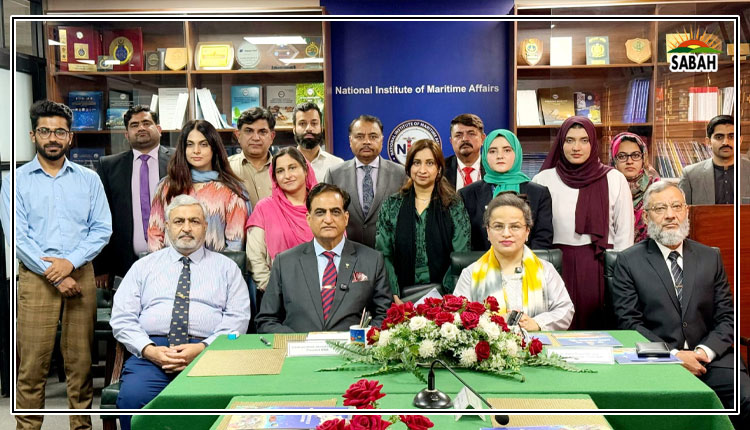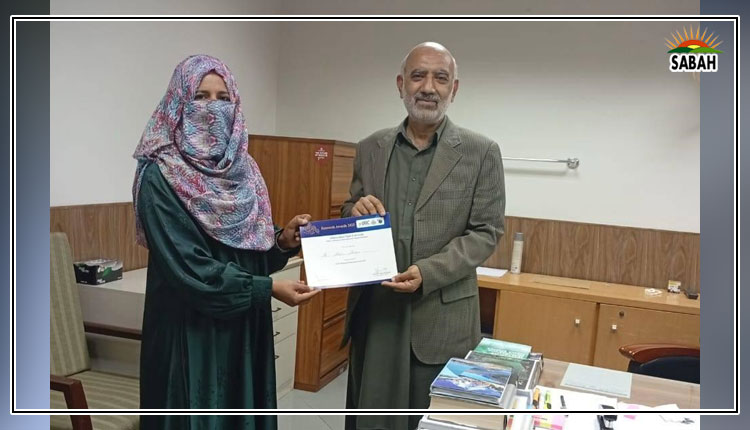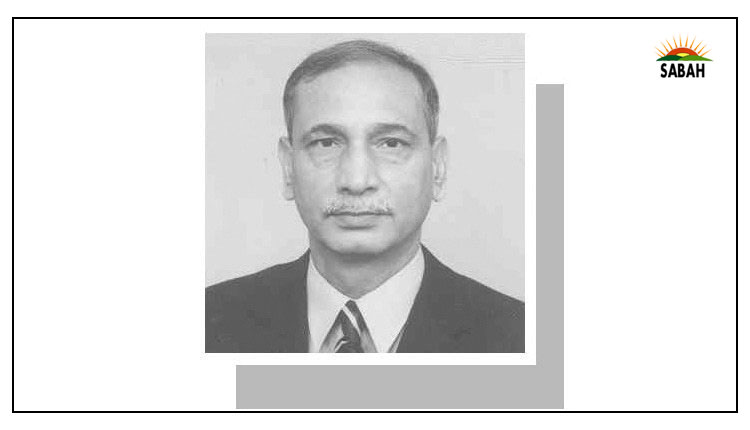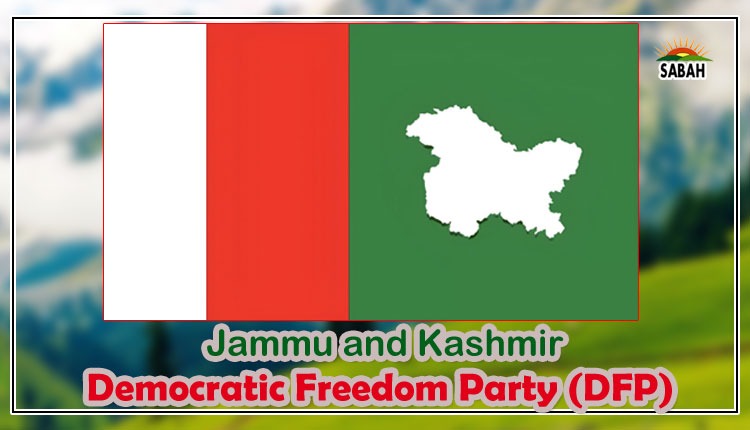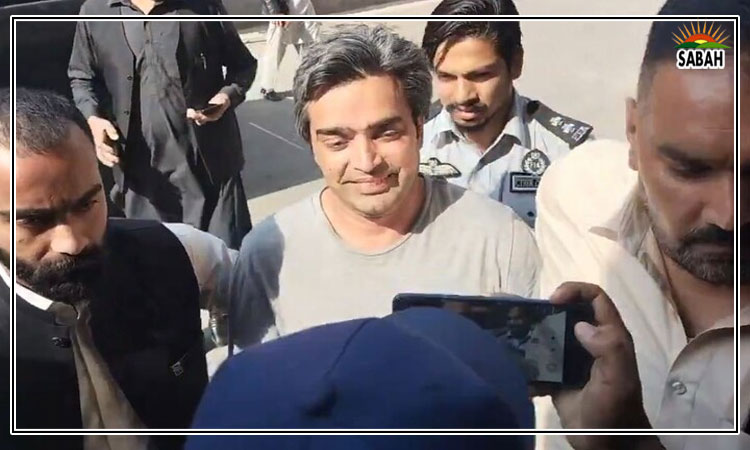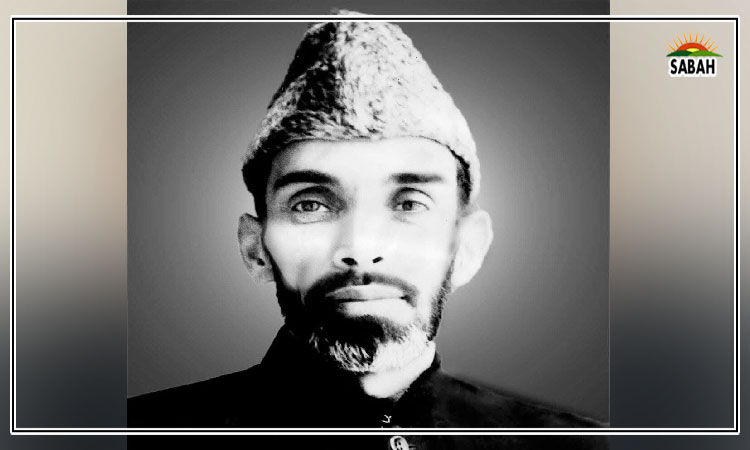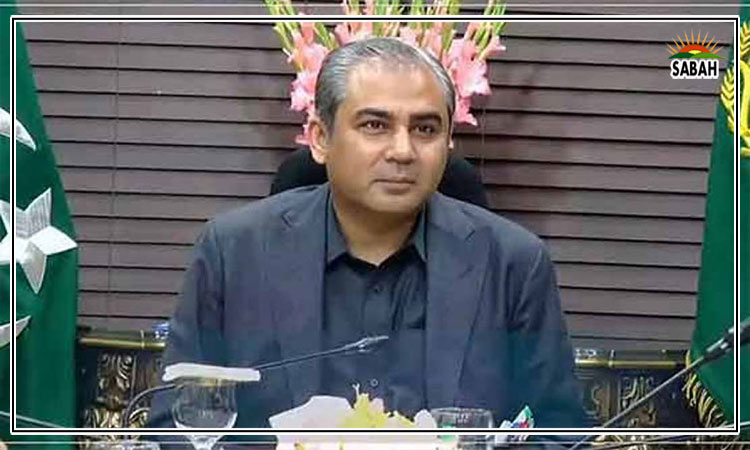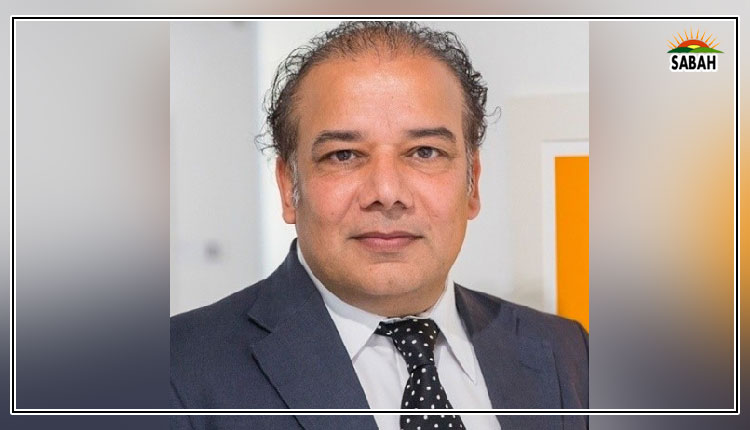Connectivity conundrum…Aamir Ghauri
Six years ago, I landed back in Pakistan from London to take up a new journalistic assignment. The political chessboard was getting trickier by the day. Sharif loyalists had recently lost the king to a questionable judicial decree and were now limping to complete a mandated electoral term led by a Sharif-nominated knight.
My designation put me in touch with the countrys movers and shakers pretty quickly. Domestic politics was a mess. Islamabad remains a pretty dull town, littered with mandarins retired or serving – assembled from distant districts. Real power, however, lies in the adjacent garrison city. The days are boring but evenings can be interesting depending on the hosts and habitat.
Many drawing rooms get smoky with fumes flying from Cuban cigars and American cigarettes. Scottish drinks of different hues hone arguments laced with nuggets of information otherwise described as state secrets. Ensuring a few aptly placed friends in Islamabad and Rawalpindi is a must for a newshawk. I got lucky as some of the officers that I came to know when they were serving on mid-career assignments in Europe were now in commanding positions.
It was a nippy December evening and I was sipping Earl Grey with someone who often sauntered in with the uniformed men. I asked him if he knew why Nawaz Sharif had been thrown out again especially when he was not pestering anyone in Rawalpindi this time around. My friend locked his gaze at me, waited for a few long seconds as if trying to suppress an eruption but then slipped out an acronym CPEC. Astonished, I quizzically looked at him trying to reconfirm what I heard. His eyes responded with steely confidence.
Islamabad is bereft of good conference halls but whatever the two hotels could offer held daily seminars on the need to walk away from Washington and the urgency to embrace Beijing. President Xi and his Belt and Road Initiative were touted as the routes to Xanadu. CPEC (China-Pakistan Economic Corridor) was Pakistans promised deliverance from poverty and perennial pauperism, audiences were told. Octogenarian retired officials who built their careers on Fulbright stipends and who never tired of boasting about their stay and studies in Ivy League schools, lectured half-dazed attendees that the resurgent and increasingly assertive China was the last hope for Pakistan a poor nuclear soul abandoned by its Western masters. Who needs democracy when it cant salvage or sustain a poor companion?
The 2018 elections changed everything. The political novices who were handed over the country by a group of ambitious and self-righteous generals started applying the brakes on CPEC projects. First, they questioned the way the projects were conceived and then threw a spanner in the works in the name of transparency or provincial interests. Work on CPEC came to a grinding halt. Those running the state, however, kept lying to the people, assuring some progress was still being made. A lot of Chinese people who had moved to Pakistan with their families returned to their companies headquarters.
By the middle of 2022, the PTI leadership and administration was exhausted politically, economically, socially and administratively. More than three years had been wasted in unnecessary vitriol against political opponents. Nothing tangible was on offer for people in terms of infrastructure development, employment opportunities, societal uplift or harmony etc. Ministers and advisors were conducting daily pressers to take people into confidence on the phantasmal progress. And then a borrowed term that was injected into the administrative lexicon a year or so ago became the new mantra in the Islamabad think-tank circuit geoeconomics.
General Bajwa, the then military chief, came up with his geo-economic vision in which Pakistan was to pivot away from geostrategic or geopolitical aspirations to focus on geoeconomics. Nothing could be more laughable since he was the man being blamed in the government corridors for scrapping CPEC to please the Americans. Why speak of regional economic integration when the only infrastructure project that was aimed to kickstart the geoeconomics activity was almost shelved? With CPEC on hold and lack of political or diplomatic courage to name the other elephant in the room, those in power in Pakistan were merely fooling the public.
However, what Gen Bajwa didnt say in Pakistan, he admitted as a possibility in a Q&A session following his private, off-the-record, special discussion at Londons International Institute for Strategic Studies in June 2019. He claimed: Pakistan is at the cusp of achieving sustainable, irreversible, enduring peace and stability. This can be complemented through meaningful international partnership, support and will to take on regional challenges. The general went on to elaborate that improved security offers foreign investment in Pakistan, a pivot to regional connectivity. However, the future of enduring peace and stability in South Asia hinges on [the] ability to resolve issues and long-pending dispute[s] with (sic) the region.
I asked him if Pakistan could start planning for a future where regional connectivity would become a reality a reality in which Pakistan was not only offering a vertical road route connecting China with Gwadar but also to build a couple of horizontal roads connecting India with Afghanistan and Central Asia and connecting India with Iran and the Middle East. Countries like Bangladesh could join in at a later stage and benefit from these trading motorways. Pakistan, like some western European countries with weaker economies, could earn billions in toll money. General Bajwa agreed in principle but shied away from fully endorsing the idea.
Pakistan has been offering regional countries to join and benefit from the not-yet-operational CPEC. But it can try to harness Indias current camaraderie with the US to open up the Pakistan-Iran-India trade route. The US does not allow Pakistan to freely trade with Iran, citing international sanctions but it also doesnt stop India from trading with Iran. The increasing Chinese influence in the Middle East that saw a welcome thaw between Riyadh and Tehran can also be used to move towards realistic regional connectivity.
Road networks passing through all four provinces could turn into real money-earner for cash-starved Pakistan. Once trucks start plying between India, Pakistan, Iran, Afghanistan and countries beyond South Asia, it will be possible to solve issues like Kashmir.
The writer is the resident editor of The News, Islamabad.
Courtesy The News


